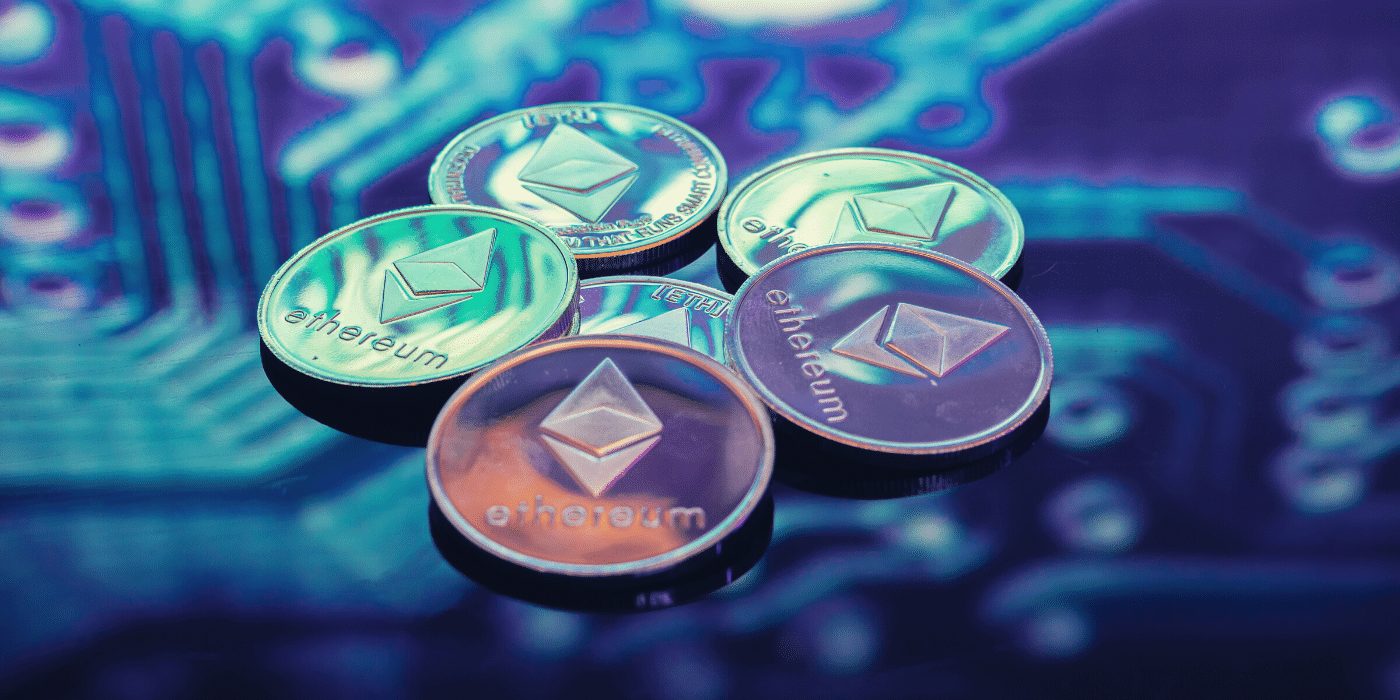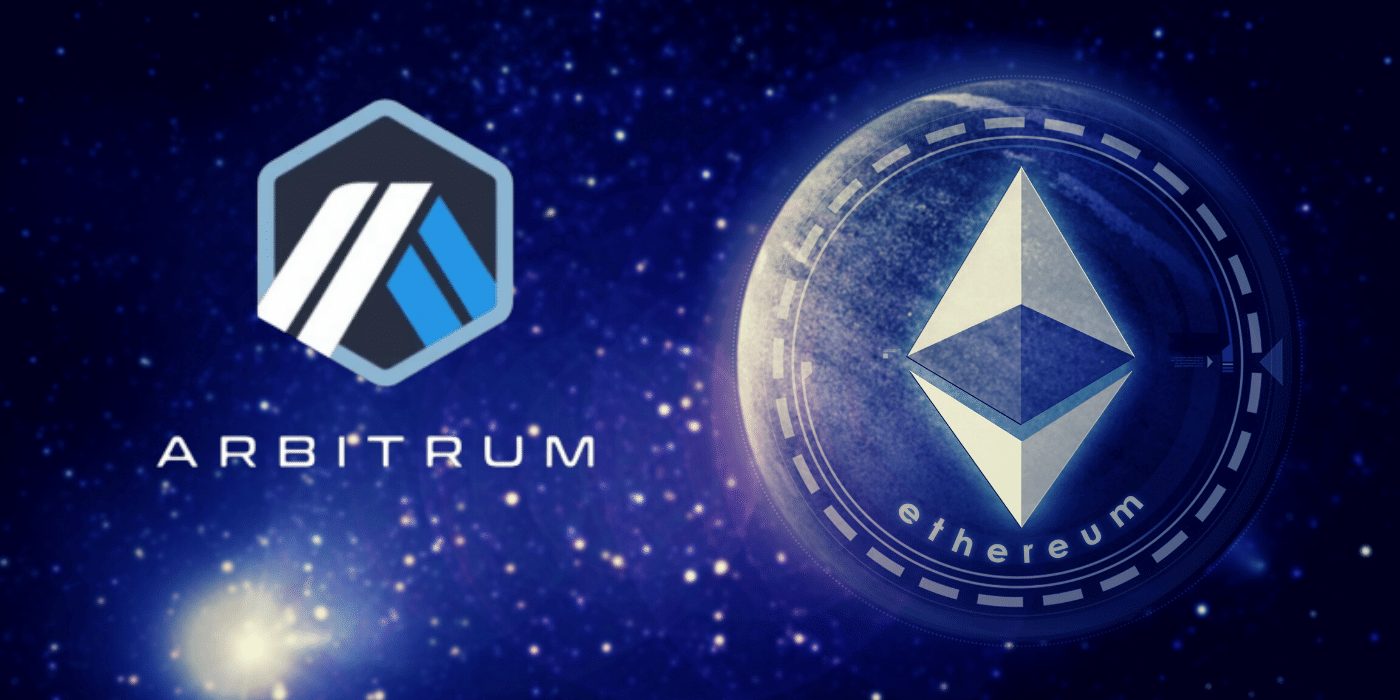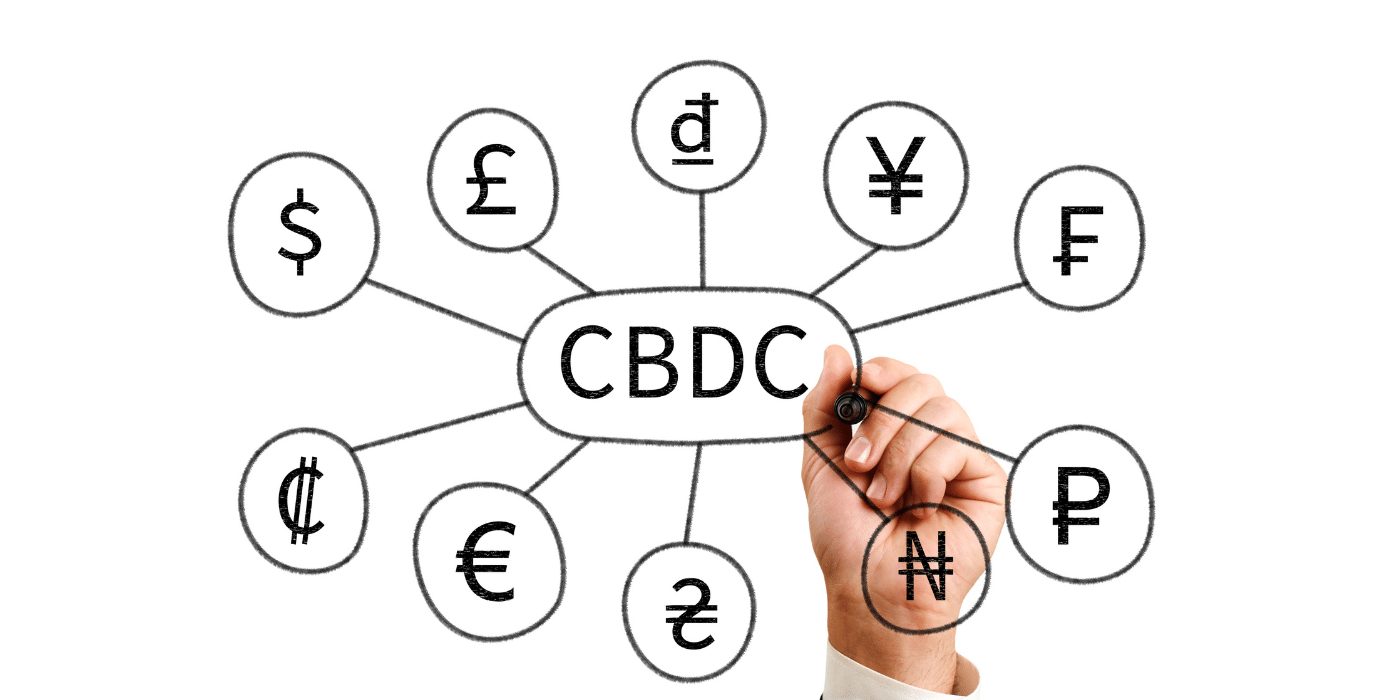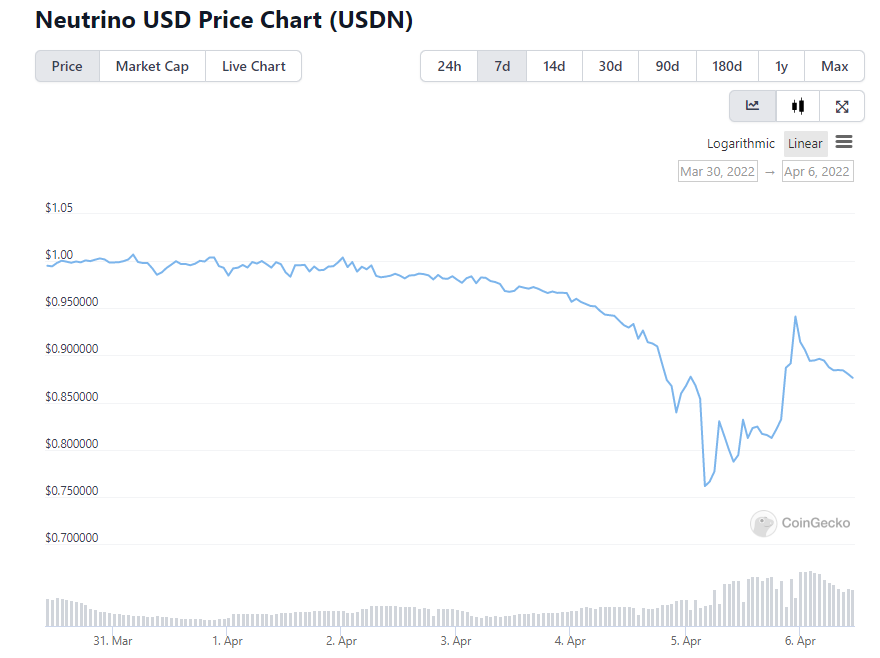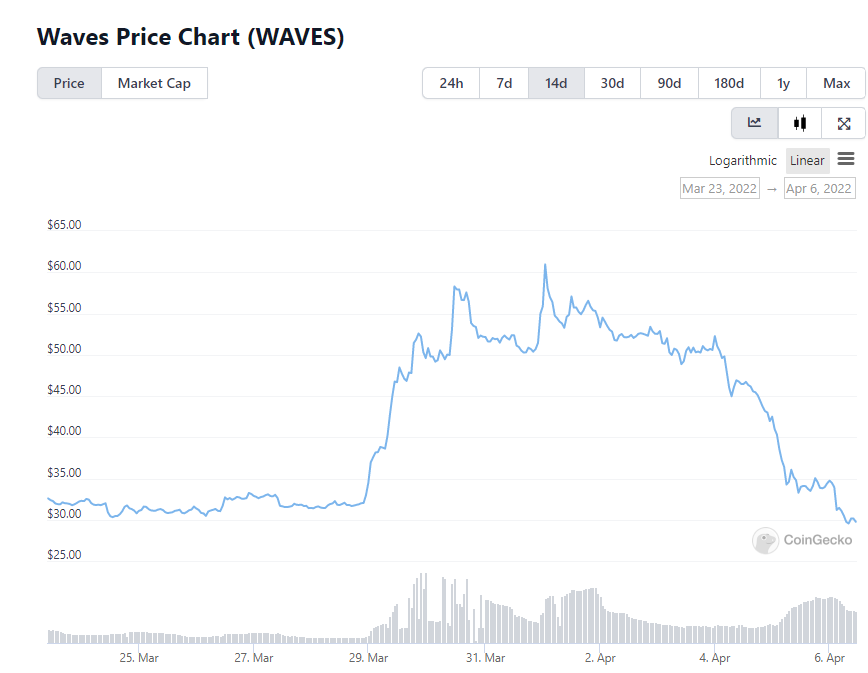US-based decentralised exchange (DEX) Uniswap has been hit with a lawsuit that alleges the “sale of unregistered securities”.
The plaintiff in this case is Nessa Risley, a North Carolina resident who filed the class-action lawsuit in the Southern District of New York. Risley claims to have purchased roughly US$10,000 worth of “fraudulent” ERC-20 tokens via Uniswap between May and June of 2021.
The lawsuit names Hayden Adams, Uniswap’s founder, as defendant along with his company Universal Navigation Inc (formerly Uniswap LLC). Co-defendants are venture capital firms Andreessen Horowitz (a16z), Union Square, Ventures and Paradigm.
Guidance Lacking in Risk Assessment
The lawsuit states that having received the necessary disclosures, the plaintiff and other investors would have the necessary guidance to assess the risks of their investments.
Had the tokens been registered as required, the Plaintiff and other investors would have received necessary and meaningful disclosures that would have enabled them to reliably assess the representations being made by the Issuers and the riskiness of their investments. Without these disclosures, they were left to fend for themselves.
Risley v Uniswap lawsuit
Decentralised exchanges, unlike their centralised counterparts, don’t require AML (anti-money laundering) or KYC (Know Your Customer) checks to list tokens on their platforms. Risley claims that Uniswap failed to conduct proper identity checks before listing the tokens on its platform:
Not the First, Nor the Last
Lawsuits against crypto companies are not uncommon. A month ago, Crypto News Australia reported how Coinbase had been dragged into a class-action lawsuit which, among other things, claims that it sold 79 different digital assets that constituted unregistered securities.
Controversial tokens can also place exchanges on hot water. In November 2021, an Australian law firm filed an A$100 million class-action suit against the issuers of Qoin, promoted by the backers of 30-year-old trading exchange Bartercard.




